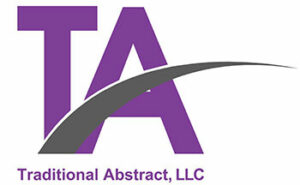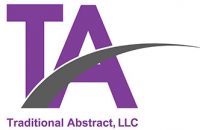5 things to know about 1031 exchange
A 1031 exchange, named after Section 1031 of the Internal Revenue Code in the United States, allows real estate investors to defer capital gains taxes when selling a property by reinvesting the proceeds into a like-kind property. Traditional Abstract provides 1031 exchange in Allentown, Nazareth, PA, Bethlehem, PA, Easton, PA, Lehigh Valley and surrounding regions.
These are five key things to know about 1031 exchanges:
- Like-Kind Property Requirement:
To qualify for a 1031 exchange, the properties involved must be of like kind. However, this does not mean that they have to be identical; rather, they must be similar in nature or character. For example, an investor can exchange a residential property for a commercial property or vacant land, as long as they meet the like-kind requirement.
- Identification and Timing Rules:
There are strict timelines that must be followed in a 1031 exchange. Once the initial property is sold, the investor has 45 days to identify potential replacement properties. They must then close on one or more of the identified properties within 180 days from the sale of the original property. It’s crucial to adhere to these timelines to qualify for the tax deferral.
- Qualified Intermediary (QI):
In a 1031 exchange, the use of a Qualified Intermediary (QI) is mandatory. The QI is a neutral third party responsible for facilitating the exchange by holding the funds from the sale of the relinquished property and transferring them to acquire the replacement property. The involvement of a QI helps ensure that the taxpayer does not have actual or constructive receipt of the sale proceeds.
- Boot and Taxable Gain:
“Boot” refers to any cash or non-like-kind property received by the taxpayer as part of the exchange. If the taxpayer receives boot, it is subject to capital gains tax. To achieve a completely tax-deferred exchange, the value of the replacement property must be equal to or greater than the value of the relinquished property, and no boot should be received.
- Applicability and Restrictions:
While 1031 exchanges are a powerful tool for deferring capital gains taxes, they are not available for personal residences. The properties involved must be held for investment, business, or productive use in trade. Additionally, certain types of properties, such as stocks, bonds, and inventory, do not qualify for 1031 exchanges. It’s important to understand the specific rules and restrictions associated with 1031 exchanges to ensure compliance.
Before engaging in a 1031 exchange, it’s highly recommended to consult with tax professionals and legal advisors to navigate the complexities of the process and ensure compliance with current tax regulations. Tax laws can change, so staying informed about the latest updates is crucial for successful 1031 exchanges. Please call us without hesitation.

